With pollution, climate change, and population growth, water insecurity is soaring: According to water accessibility nonprofit Water.org, in a population of 53 million, there are 28 million Kenyans without easy access to safe potable water, and 41 million lack basic hygiene and sanitation facilities like toilets for excreta disposal, for the most part, due to the poor supply of one of the world’s most precious resources – water.
Countrywide, water supplies are increasingly becoming scarce. Millions of people are having trouble finding safe water for drinking, domestic and business use, and for farmers to grow crops and rear livestock, endangering their economic prospects and quality of life because water is a basic human need.
To address these challenges and contribute to a healthier, safer, and more prosperous country, the government, together with several corporations, has been expanding investments in water infrastructure projects over five years to advance drought resilience and expand access to clean water for families, farmers and wildlife through efforts like drilling more water boreholes to enhance access of the essential resource.
> Top 5 Best Money Market Funds in Kenya (2024)
Boreholes have been cited because they can be developed at low cost close to homes, borehole water usually has less microbial contamination and because of their self-sufficiency because of their independence from unreliable public water supplies.
What is a water borehole?
A water borehole is a vertically drilled structure through the earth’s crust for groundwater abstractions from water-bearing aquifers in the sub-surface.
Boreholes differ from traditional wells in that they are deep holes, usually with a relatively small diameter, drilled down by rotary or percussion rigs that penetrate deeper into the water table, unlike the wells, which may be dug even manually, hence capturing only water that is close to the surface, thus producing less yield.
Normally, boreholes are fitted with steel or plastic casings during drilling to prevent their walls from collapsing and to allow clean water to enter the borehole space, aside from making it easy to pump for use.
When water from a borehole is pumped to the surface, it can be used for drinking, cleaning, bathing, and agricultural usage, among other purposes.
If you need access to a reliable supply of fresh water in your homestead, you might consider drilling a borehole; here is everything you need to know about water boreholes in Kenya:
Can you construct your own borehole in Kenya?
Many Kenyans rely on water from boreholes for drinking and other domestic needs, and having one in your home can help you reduce or eliminate your monthly water bills, saving you significant cash, but drilling a borehole by yourself is not allowed in Kenya.
If you need to have a new water borehole drilled, it is important to know how you, the consumer, are protected by law in the Water Act and Water Resources Regulations, further stipulating how to go about groundwater development in the country.
You want a water borehole; now what?
The National Water Acts, alongside the Code of Practice for the Siting of Boreholes, provide practical guidance on the design, construction, and installation of boreholes in Kenya through evidence-based policies and regulations to ensure these water boreholes are constructed as per recognized scientific standards to deliver water that is safe for human consumption and that the drilling operations are done by certified professionals in the hydrogeology field for effective and efficient management of the environment. You cannot drill your own borehole in Kenya minus contacting and contracting a registered borehole driller.
Borehole drilling companies have hydrogeologists, groundwater specialists, consultants, and other hydrogeology specialists involved in all processes and steps of constructing boreholes, from choosing the best borehole site with maximum natural water input that is easily accessible for cost-effective drilling using vertical electrical profiling, micro-gravity surveying, and other hydrogeological survey techniques to mounting pumping systems and test pumping the bore water to determine quantity.
Competent groundwater experts are critical to avoid the risks of drilling a dry borehole, and they will also assist in getting the required permits and licenses from relevant authorities like Water Resources Management Authority (WRMA), Water Resource Users Association (WRUA), National Environment Management Authority (NEMA) and county governments.
“When you construct your borehole without the requisite environmental licenses and permits under various environmental regulations, NEMA will come for you. It is better to go for registered drilling contractors who can fasten the process of acquiring them to avoid unnecessary stop orders and wastage of time and money in fines,” Joseph Wokabi, an environmental consultant based in Nairobi, warns.
The best borehole drilling companies in Kenya
If you are struggling to access safe, reliable, and affordable water to meet your everyday needs and thinking of drilling a borehole in Kenya, it is better if you know the best tube well drilling companies and contractors, listed based on customer feedback, track record of good work, popularity, and public ratings, and which are licensed and accredited by the government to make sure you follow all regulations as per the law.
We have done some legwork for you! Here are the top borehole drilling companies you can contact and contract to build your water borehole in Kenya:
1. KY Borehole Drilling Explorers Ltd
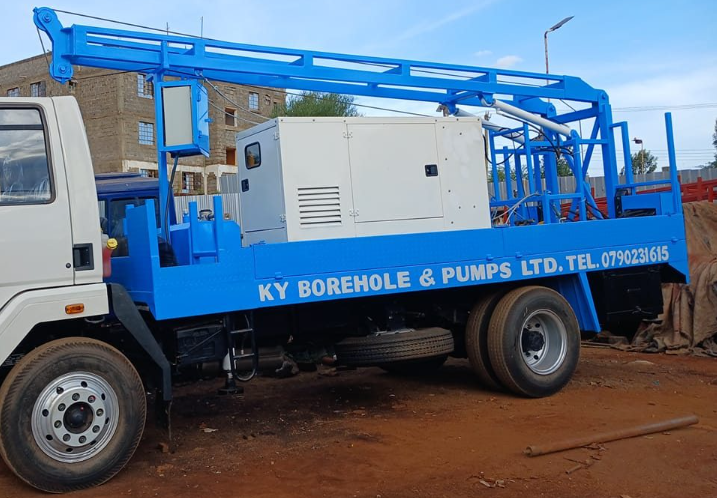
KY Borehole Drilling Explorers Limited is a registered drilling contractor based in Nairobi, Kenya, carrying out a comprehensive suite of works related to groundwater, starting from Hydro-geophysical exploration and water borehole drilling operations using specialist drilling machines up to construction and installation of pumping systems.
With a qualified and registered team of hydrogeologists, engineers, and maintenance staff, KY Borehole Drillers is involved in planning, contracting, and building boreholes for irrigation, construction, domestic, and other applications at affordable prices. The company provides free, no-obligation consultations on 0790 231615.
2. Greenpace Boreholes and Logistics
Greenpace Boreholes and Logistics provide an extensive and comprehensive range of drilling solutions to serve water supply needs across Kenya.
Greenpace Boreholes and Logistics, after borehole construction works, also erect water tanks and towers and set up bore water distribution systems for residential, commercial, or agricultural uses.
For more information, their phone number is 0725 270137 or email [email protected].
3. Life Waters Drilling LTD
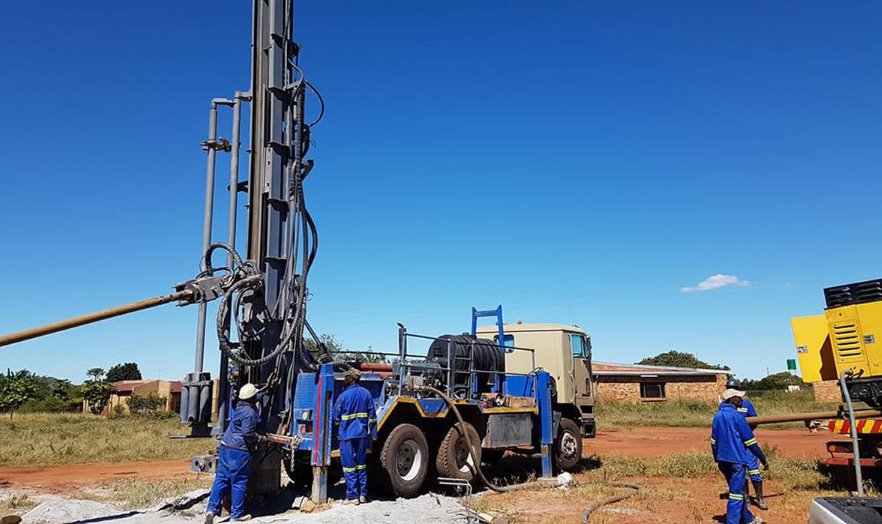
Each water well will be designed and engineered to meet your specific needs when you contract Life Waters Drilling LTD, located in Eldoret, but take borehole construction projects countrywide.
It offers professional and consultancy services in groundwater exploration, geophysical surveys, hydrogeological surveys, borehole drilling and development, test pumping, and pump installations. For more, their phone number is 0734 770000.
4. Waterlink Limited Drillers
Waterlink Limited Drillers offers borehole drilling services that cater to different types of drilling at varied formulations in even the most difficult underground formations in Kenya.
According to their website, they do engineering design, well installation and equipping, and construction of tanks and pumps. To learn more about their work and quotes, they are available on 0722 740522.
5. Sparr Drilling Company Limited
Over the last 30 years, since 1994, Sparr borehole specialists have constructed boreholes for domestic and commercial clients across East Africa; in Kenya, Uganda, and Tanzania, extending to Sudan.
Their services are borehole drilling, equipping, plumbing and piping, and repair alongside refurbishment services like borehole cleaning, plus ground investigation services like water level assessment.
To find out more, email them at [email protected] or call 0710 472751.
How much does it cost to drill a borehole in Kenya?
In Kenya, borehole drilling costs Ksh6,400 to Ksh6,800 per meter for the drilling process only, and in total, the cost to complete a water borehole project is considerably more, and customers can pay above a million shillings because of expensive permits and licenses:
The permit from NEMA, the National Environment Management Authority, is Ksh30,000, the Water Resources Management Authority (WRMA) license to drill a water borehole is Ksh35,000, and to get the county government approval to begin its construction, it is roughly Ksh5000. That is Ksh70,000 in permit fees.
Before drilling, a hydrogeological survey must be conducted besides environmental impact assessments to know the expected drilling depth, water yield, and soil formation, and it is usually Ksh70,000 on average, bringing the total costs before drilling operations to Ksh140,000.
When you start the drilling process, say at Ksh6,500 per meter, and are expected to go deep into the water-bearing formations beneath permeable rocks at around 150 meters, the average depth of a tube well in Kenya, you will part with around Ksh975,000, excluding about Ksh200,000 or more for conditioning equipment like casings, pipes, and installation of the pumping system, which makes the total costs of the borehole system alone Ksh1.175 million.
Adding the Ksh1.175 million combined drilling and borehole equipment installation price to Ksh140,000 beforehand charges for hydrological survey and licenses, you find that the average cost of constructing a standard residential water borehole in Kenya can be Ksh1.3 million or more, especially in areas like Busia, Mombasa, Kilifi and Kwale where drilling cost per meter is above Ksh7,000.
How long does it take to drill a borehole for water in Kenya?
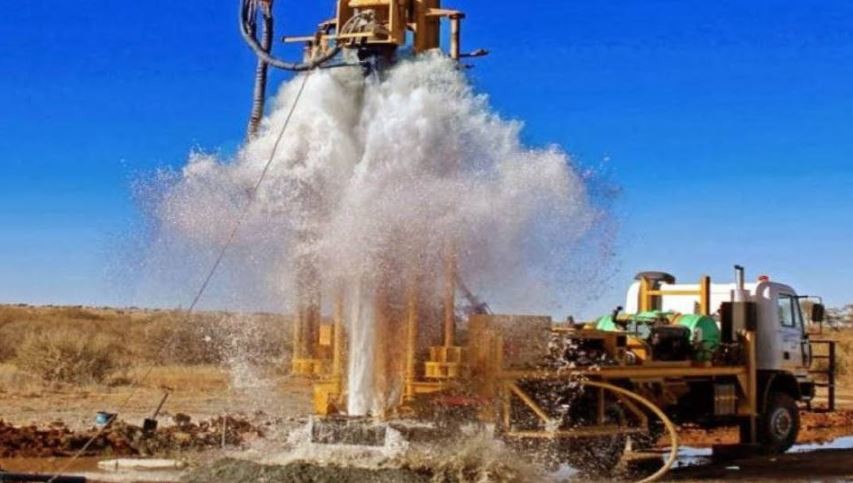
Depending on your property’s characteristics, where the water borehole will sit, and the prospected water depth, among several other factors like rig mobilization and conditions of the weather during the day of drilling, completion of a water borehole project in Kenya may take 4-10, excluding the period for getting drilling permits and licenses.
Hydrogeological survey and report writing takes approximately one week, and permits from the National Environment Management Authority, NEMA, and other authorities take about 15 days – it might be a month before your borehole system is complete and its water ready for use.
> Why You Should Start Keg, Alcohol Business – And Disadvantages

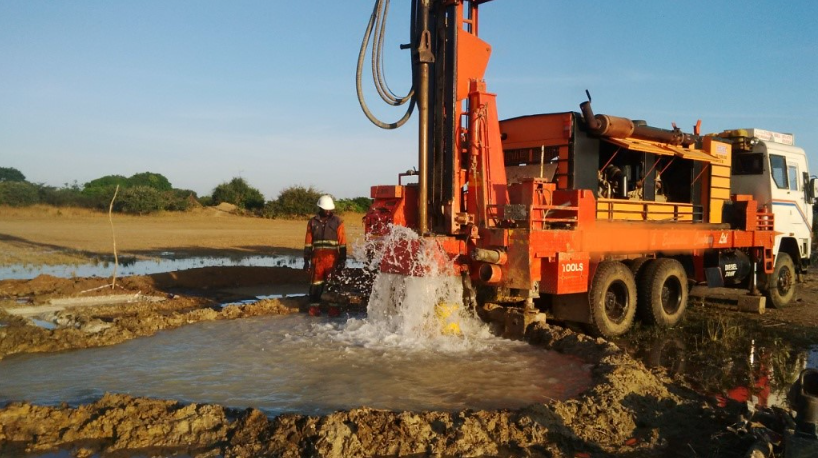


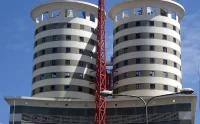



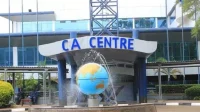
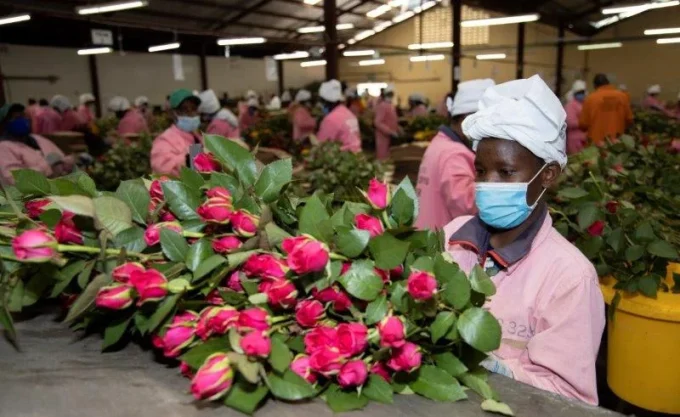
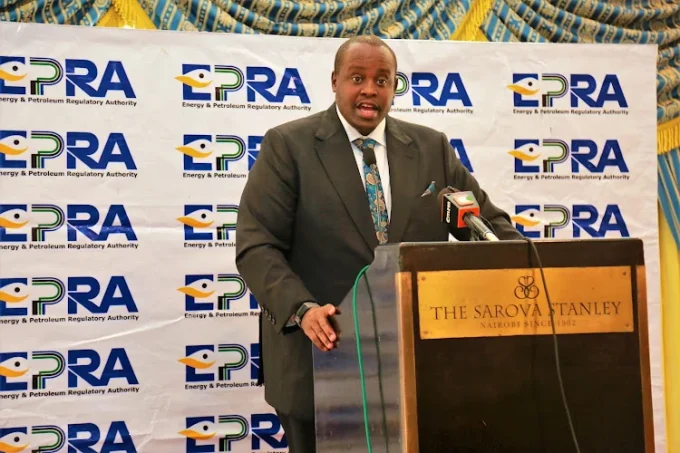

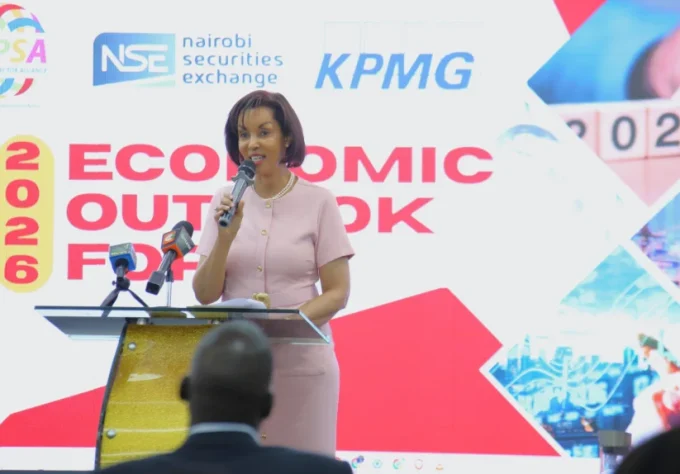
Leave a comment